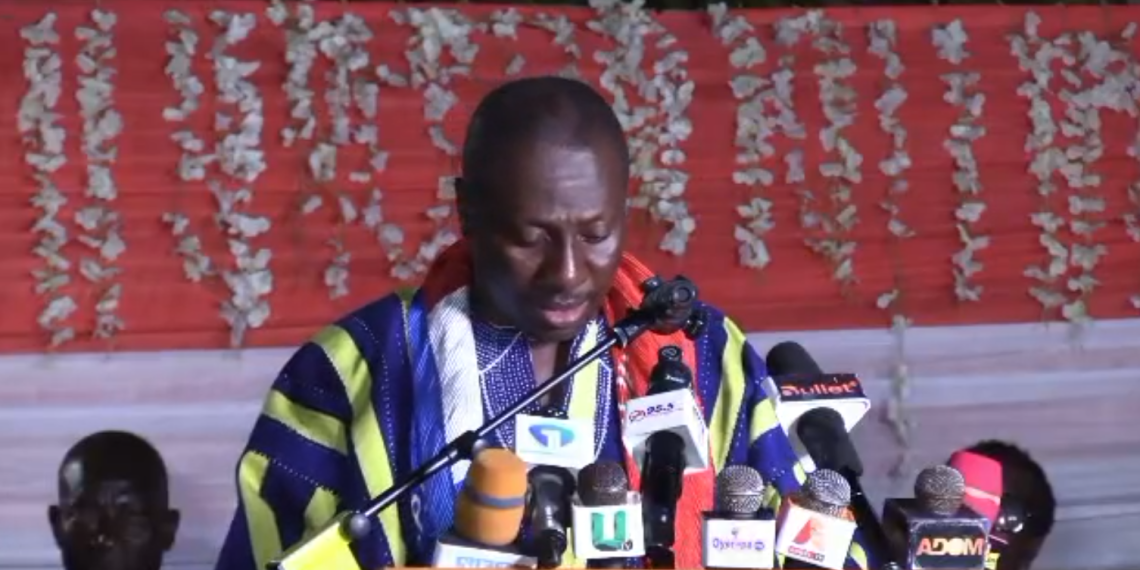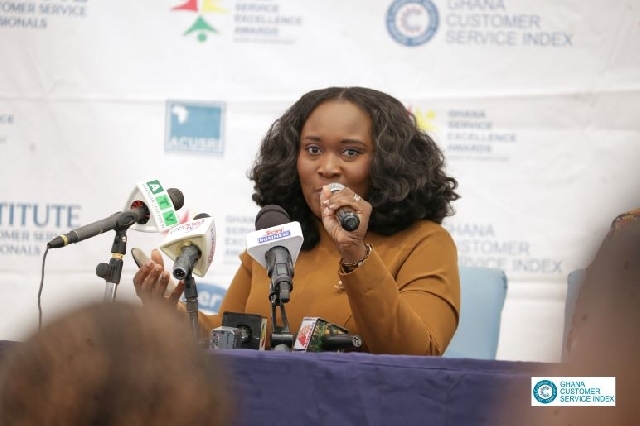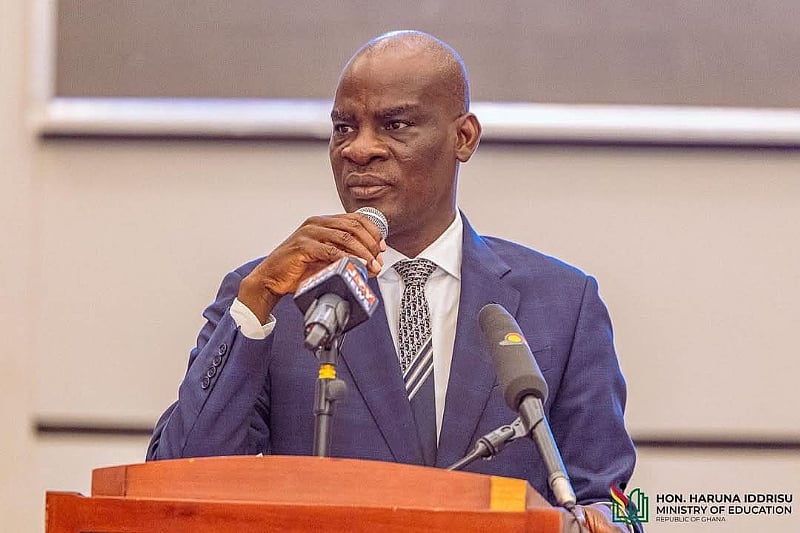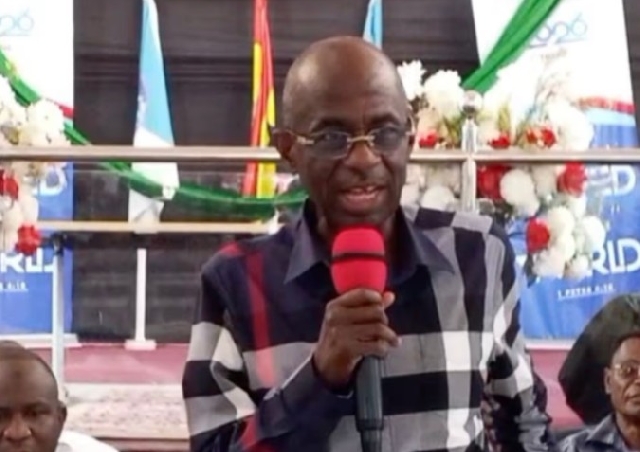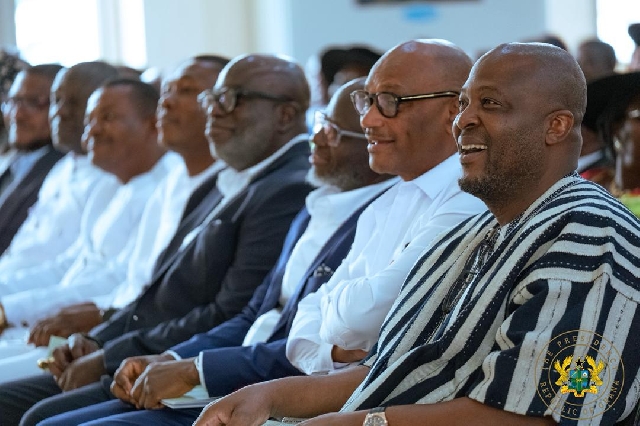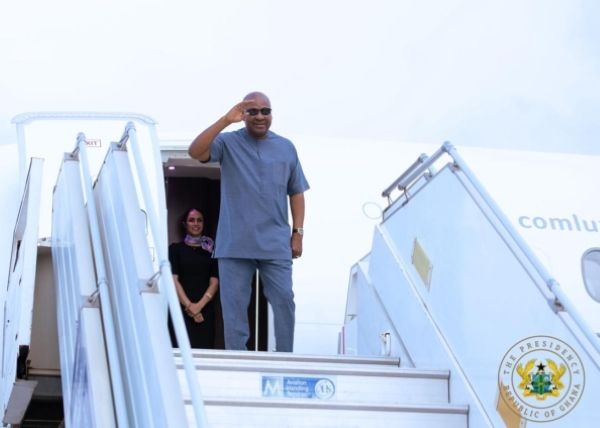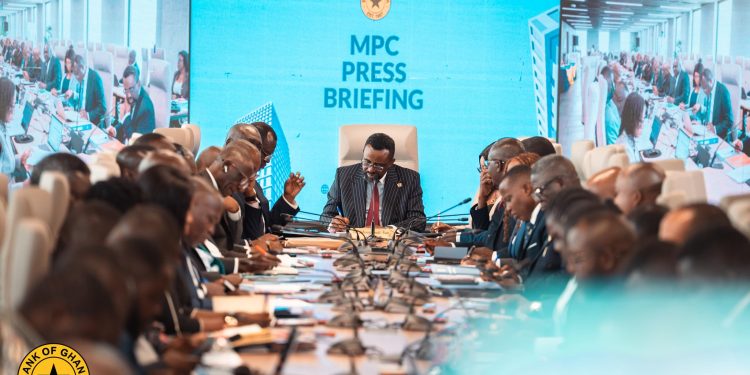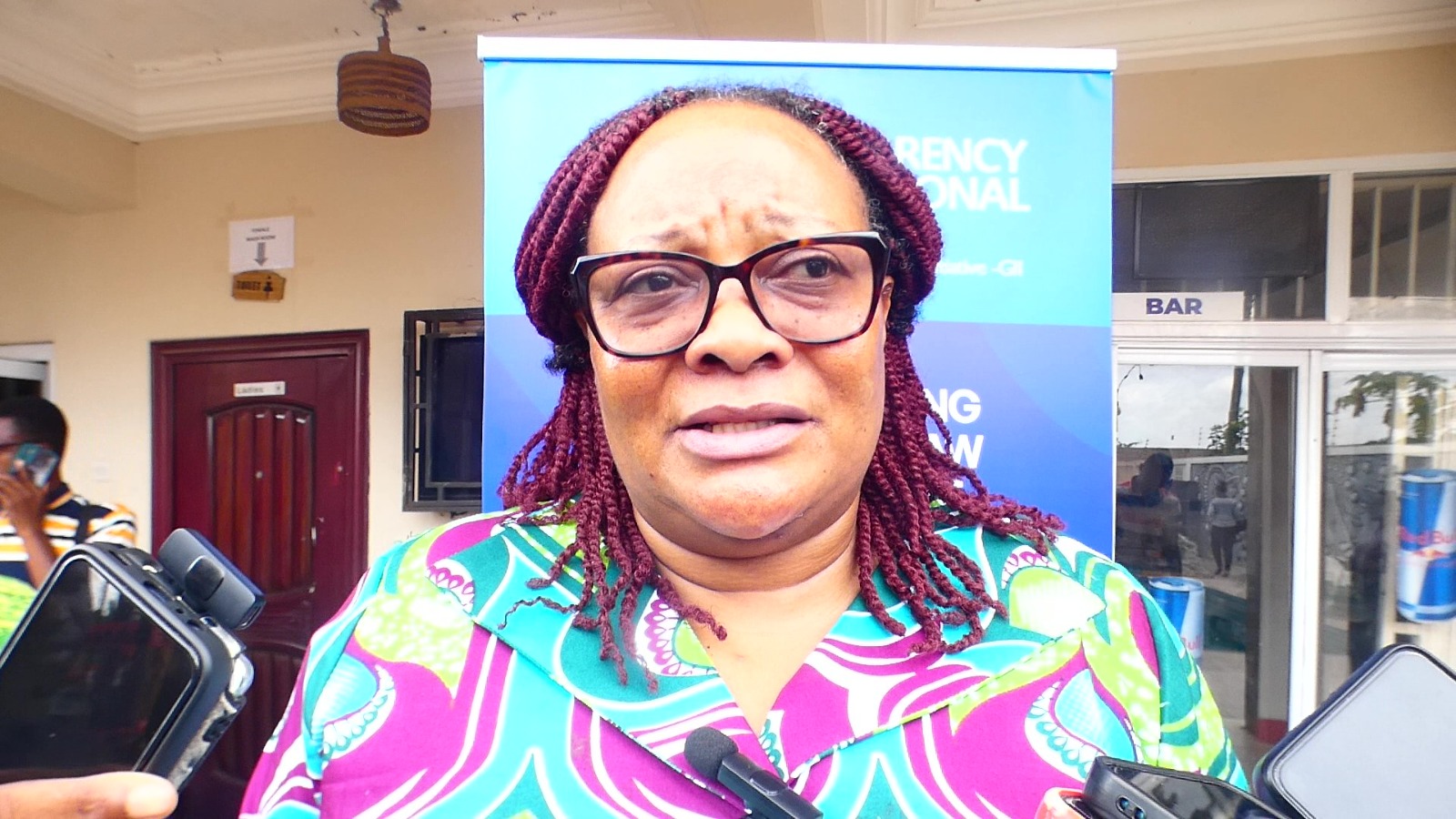Ghanaians have been urged to exercise patience and remain vigilant as the nation navigates the slow but critical process of investigating and prosecuting those implicated in Operation Recover All Loots (ORAL), the government’s flagship anti-corruption initiative.
This call for measured expectation and unwavering advocacy came from Madam Mary Awelana Addah, Executive Director of Transparency International Ghana (TI-Ghana), during a recent training session for Civil Society Organizations (CSOs) and media practitioners in the Upper East Region.
Speaking candidly, Madam Addah acknowledged the mounting public frustration over the perceived sluggish pace of investigations and prosecutions. However, she stressed that the fight against corruption demands thoroughness, diligence, and adherence to due process if it is to yield lasting results. “Let’s be patient, let’s follow up. Our duty is to ensure that nothing that came up dies off. We need to continue to advocate that the issues around corruption must be fought,” she emphasized.
Drawing on her experience with previous anti-corruption drives, including a similar surge in public demand for accountability in 2017, Madam Addah warned against expecting swift or simplistic resolutions. “I have kept to that position because I’ve seen it happen before, earlier, and also in 2017. If you remember, when governments take over, the trust of citizens is mobilized and we are quick to demand things. They give us things that we can hold on to. ORAL in itself is not bad at all, but the way it was sold like it’s going to breed results in one month was wrong, and I posited that as well.”
She explained that the legal and investigative processes are inherently complex and time-consuming. “Now we are seeing that we need to be more diligent, we need to be more focused, we need to investigate because going to courts you would need the needed information, you would need the needed evidence to be able to go and substantiate. And even as well, when you go to court, it doesn’t take one day, it also takes forever because the person you are accusing would also come up with his own defense, and so we shouldn’t be expecting that we’ll have results in one day and that has been my advocacy that let’s be patient. People have made complaints, people have brought evidence, and investigations are being conducted.”
Madam Addah highlighted that, after investigations are completed, court processes must be initiated, and these too can be lengthy. “After these investigations, court processes would be initiated and this would also go on until resolution is gotten. So let’s be patient and this is not just for today. I have said this before and I’ll continue to say it anyway.”
Her message was clear: patience must go hand in hand with persistent advocacy. “Let’s be patient, let’s follow up. Our duty is to ensure that nothing that came up dies off. We need to continue to advocate that the issues around corruption must be fought. Those who have been cited, complaints that have been investigated must be pursued. That is what we should do. If we all go to bed then certainly the politician would also go to bed.”
She noted that public apathy only emboldens those who abuse public trust, but a vigilant citizenry can force politicians and officeholders to adhere to higher standards. “If they see that we have decided that we will no longer tolerate such behaviors because our appetite for the stealing, the looting is very low then they would do the right things.”
When asked whether she was disappointed by the slow progress or results so far, Madam Addah responded with pragmatic realism. “I am not because I didn’t have any expectations anyway. Perhaps I’m being a pessimist but I’ve seen it happen and happen and happen. I am not and I’ve said it on various platforms that what we expect is not inherent solutions. What we expect is not rhetoric. We expect thorough investigations accompanying some of these so that when they go to court we can find the sanctions that we want to dissuade people from engaging in corruption.”
Turning to recent claims by the Office of the Special Prosecutor (OSP) about a lack of cooperation from other agencies during the previous administration, Madam Addah urged a more nuanced perspective. “It depends on what he is defining as cooperation. Because I remember him speaking to Yoko on some cases and I also know that the Office of the Attorney General works with them… Maybe we should ask Mr Kisi Ejebe what he meant by not receiving cooperation. From which office and for what? Because I know they work with others.”
She emphasized that the anti-corruption institutions in Ghana have established platforms and Memoranda of Understanding (MOUs) that guide their cooperation, and any claims of non-collaboration must be clarified in context.
Addressing the issue of asset declaration by political office holders, Madam Addah pushed for stricter enforcement and greater transparency. “It is not their willingness. It is statutory. And they are supposed to comply… I believe their appointing authority should even be more strict on political office holders and also the bureaucracy, those within the remit of declaring their assets. If they don’t, they should be sanctioned. Because there is no room for anybody to say that they are not declaring their assets.”
She further highlighted ongoing efforts to reform the asset declaration regime through the National Ethics and Anti-Corruption Program (NECAP), advocating for the eventual publication of asset declarations as a best practice drawn from global standards.
However, Madam Addah reiterated her central message: the fight against corruption is a collective, ongoing responsibility that requires patience, vigilance, and a refusal to let any issue fade from public scrutiny. Only through diligent investigation, persistent advocacy, and a culture of accountability can Ghana hope to overcome the scourge of corruption and safeguard the nation’s future.
Source: Apexnewsgh.com




